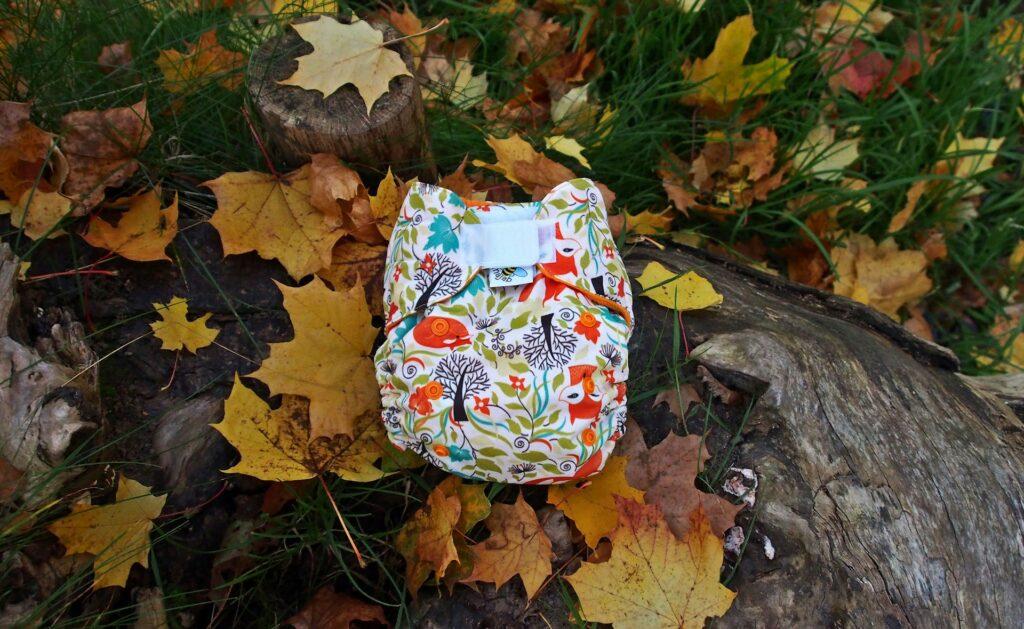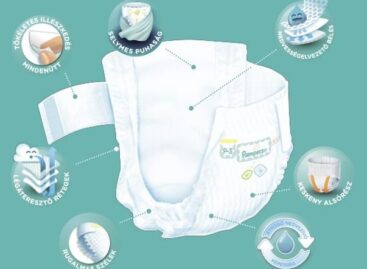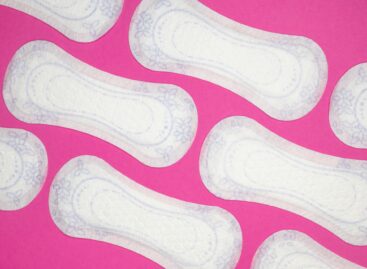A plastic-free future? This is how biodegradable hygiene products are gaining ground
Disposable diapers may cause a less visible but far more serious environmental problem: the decomposition of traditional products can take up to 300 years. Meanwhile, around 650,000 people in Hungary live with incontinence, making the issue not only environmental but also of social significance. The spread of sustainable alternatives could therefore mark a true turning point, reports Hellosajto.hu.
An invisible source of plastic pollution
 Diapers – whether for children or adults – are basic hygiene products. Worldwide, billions are discarded each year, the vast majority made from plastic. These wastes accumulate in landfills and the environment, and in the form of microplastics, they can even return to the food chain.
Diapers – whether for children or adults – are basic hygiene products. Worldwide, billions are discarded each year, the vast majority made from plastic. These wastes accumulate in landfills and the environment, and in the form of microplastics, they can even return to the food chain.
The Nateen example: green technology in care
The Belgian-rooted brand Nateen offers a solution to this challenge. Its products:
- Made from 80% biodegradable materials,
- Decompose within 3–6 years, compared to the 300 years of conventional diapers,
- Care for the skin with aloe vera extract, featuring a hypoallergenic and chlorine-free design.
“People often think eco-friendly products mean sacrificing comfort. Nateen diapers prove it’s possible to be comfortable, safe, and sustainable at the same time,” says Viktor Ponyi, CEO of P&P Provision Ltd., the brand’s Hungarian distributor.
“I never thought eco-friendly diapers could be this comfortable. Now we only buy Nateen – it feels good to know we’re also helping the environment.”
Such feedback shows that sustainability is no longer an abstract concept, but a part of everyday decisions.
Why is this a key issue in Hungary?
- 650,000 people live with incontinence, many of whom use multiple diapers daily.
- Looking only at Hungary, this could mean hundreds of millions of diapers end up as waste each year.
- The spread of eco-friendly solutions could reduce this enormous burden by up to 80%.
Trends and outlook
Consumer awareness is growing worldwide: more and more people are seeking sustainable, eco-friendly alternatives in the market for daily hygiene and care products. International research shows that the market for sustainable personal care products is steadily growing and is expected to remain one of the most dynamic segments in the coming decade.
“The rise of sustainable products is not just a trend but a necessity. Those who make responsible choices today are protecting their community and family in the long term,” adds Viktor Ponyi.
Related news
We subjected hygiene products to laboratory testing
🎧 Hallgasd a cikket: Lejátszás Szünet Folytatás Leállítás Nyelv: Auto…
Read more >Related news
MOHU: 5,200 return points are in operation, but 47 larger settlements still do not have RE points – public “enema” machines may be introduced
🎧 Hallgasd a cikket: Lejátszás Szünet Folytatás Leállítás Nyelv: Auto…
Read more >GDP growth in OECD member countries slowed to 0.3 percent in the last quarter of last year
🎧 Hallgasd a cikket: Lejátszás Szünet Folytatás Leállítás Nyelv: Auto…
Read more >








